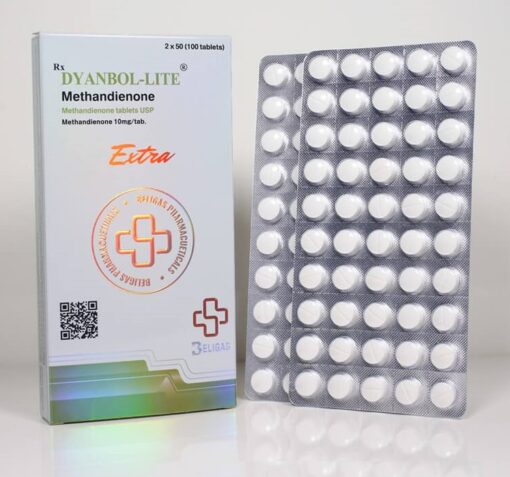

Steroids are widely prescribed to treat various conditions and illnesses, including inflammation and slowing of white blood cell activity in the body. Unfortunately, however, overuse or high doses may result in serious side effects which should be considered carefully.
If you take steroids, it's essential that you inform your healthcare team if any additional medical conditions arise, such as diabetes and high blood pressure. This includes diabetes treatment plans.
Steroids are used to treat a number of different chronic inflammatory conditions Steroids can be effective treatments for conditions that cause inflammation in the body, such as rheumatoid arthritis, lupus and gout. Furthermore, orale steroïden help reduce muscle inflammation as well. Steroid medications may be taken temporarily but could continue to be taken for extended periods if symptoms persist - these could include pills taken orally (via tablets), intramuscularly, inhalationally or through injection under the skin.
Steroid medications can inhibit your body's natural production of hormones, increasing the risk of illness or injury. Therefore, it's essential that you consult a doctor, rheumatology nurse, pharmacist or steroid card regularly as they will contain details about your medication, dosage and medical condition.
Steroids increase your risk of stomach ulcers, so to protect your stomach you should also take an anti-ulcer medication, such as a proton pump inhibitor. Since proton pump inhibitors may interact with other drugs you take it is important to inform your healthcare provider of all medicines you are currently taking.
They can help to reduce pain
Steroids may help alleviate pain, but they also come with side effects that may increase discomfort. These could include changes to skin temperature, facial or leg swelling, mood swings, an increase in appetite or the presence of infections which make fighting them harder - potentially increasing the chance of pneumonia.
Reduce the risks of adverse side effects when taking steroids as prescribed by healthcare professionals by following their dosage instructions precisely and taking only for as short a duration as possible - taking less will lower risks significantly.
Start off on the right foot by consulting your physician prior to beginning any steroid treatment. This will ensure the medication is suitable for pregnant and breastfeeding mothers and is safe. Also make sure you carry around an identification card showing everyone you see who know that you are on steroid medications.
Understanding steroid packaging and identifying reliable online sources is also vital in order to avoid purchasing orale steroïden from myroidshop1 net/nl/ . Genuine packages will have distinctive textures and consistency hard to imitate while providing safety information and certifications.
They can help to reduce swelling
Steroids can help to reduce body swelling, but their effects depend on which steroid type you take. Some medications can alter mood swings which could impede quality of life. Before beginning treatment it's essential that all potential side effects with your doctor.
Reduce the risk of side effects by taking a low dosage, eating regularly, and drinking plenty of water. Furthermore, alcohol and smoking should also be avoided; make sure your doctor knows if you plan to have children as small amounts may pass into breast milk without harm to babies.
Steroids are one of the fastest ways to reduce inflammation, providing temporary relief from symptoms for several days. Steroids may even be life-saving in cases such as Lupus and Vasculitis where damage to critical organs such as the kidneys or lungs has already occurred.
They can help to reduce weight
Although steroids can lead to weight gain, many patients can manage this side effect by watching their calories and exercising regularly. If there are concerns regarding excess weight gain or you feel your weight is increasing too rapidly, be sure to discuss this matter with your healthcare provider immediately.
Steroids may wreak havoc on your bones, increasing your risk for osteoporosis. To lower this risk, your doctor may suggest calcium and vitamin D supplements; weight bearing exercises like yoga can also help strengthen bones.
Long-term use of steroids may increase your risk of cardiovascular disease by raising cholesterol levels, so your doctor may prescribe medication or recommend a low-cholesterol diet to combat this effect. Furthermore, regular check-ups to ensure normal blood pressure, sugar and bone density readings. Furthermore, your physician will likely taper off your dose toward the end of treatment in order to avoid withdrawal symptoms are strongly encouraged.